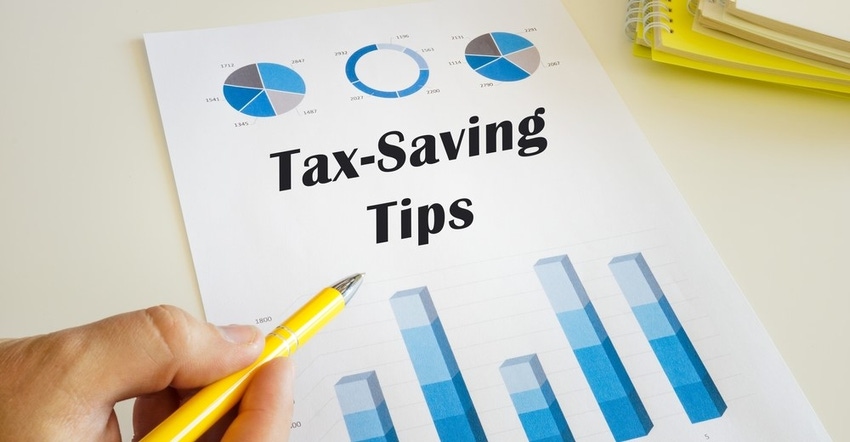3 Incredible Strategies to Help Self-Storage Owners Save Money on Taxes
One of the biggest expenses of owning a self-storage business is property tax, but income taxes can also be a significant burden. While there’s no way to avoid this expense, you can try to minimize it. Following are three strategies that can help you save money come tax-filing time.
June 9, 2023

Reprinted with permission from Storage Authority.
Kevin O’Leary, an investor featured on the TV show “Shark Tank,” says success isn’t only about how much money you make but how much you get to keep after taxes. Each year, self-storage operators have to pay property tax—one of the largest business expenses—and income tax, which can be another hefty outlay. You can’t eliminate this cost entirely, but there are ways to minimize it.
Following are three great strategies to legally transfer money “tax-free” from your self-storage company to you and your family. Read on to see if they might work for you. Just bear in mind that I’m not a certified public accountant (CPA) or attorney, so consult with your own expert to further understand the details and IRS requirements of these tactics.
No. 1: Rent Your Home to Your Business
Tax laws allow you to rent your home to your self-storage business for 14 days per year and not pay taxes on the income. So, if you rent your own house for a $1,000 a day, that would be $14,000 on which you don’t pay a penny in income tax. And just as exciting, your company gets to write it off as an expense to save even more!
There are many reasonable ways you can use the property over those 14 days. You might host some staff meetings or mini retreats. My personal favorite is to make social media marketing videos.
Good record-keeping is a must here. You need to send an invoice from you as the homeowner to your self-storage company. The rental should be at market rate, so you need to contact two or three local venues and see what they charge for a day's rental. Typically, there’s a $500 minimum and often much more.
No. 2: Pay Your Kids to Work for You
This works for children ages 7 to 18, who can earn up to $12,000 a year. Your kids won’t even have to pay income tax. Again, the wages will count as an expense to your business for further savings.
Imagine if your kids made $12,000 a year and half went into their IRA or college fund. It could be life-changing. Just as important is the education they’ll get by working. My kids learned more by working in our self-storage facility than they did in college!
The caveat is does have to be legitimate work. Here are several ideas for things your children can do to support your self-storage business:
Answer the phone
Assist with office work such as renting units, picking up business mail, shopping for supplies and other daily tasks
Work on facility cleaning or light repairs
Do yard work such as mowing the lawn, weeding or snow shoveling
Wash uniforms and towels
Assist during community events and/or business dinners (food prep, setup, decorations. cleanup, etc.)
Send birthday cards to clients/customers
Research the competition online
Perform internet research for business-specific activities
Solicit and compile customer testimonials
Assist with social media, such as posting on blogs, Twitter, Facebook, Instagram, etc.
Prepare and send newsletters to customers or prospects
Create or distribute marketing materials and brochures
Provide voice talent for your radio/YouTube advertising
Serve as an actor or model for company advertising
Develop, review and monitor the company business plan (for older children in management training)
Prepare spreadsheets, review invoices and bank statements, etc.
Provide bookkeeping and basic accounting assistance
No. 3: Consider Depreciation
Instead of depreciating your self-storage facility over the standard 29 years set by the IRS, hire a professional to prepare a component depreciation schedule. You can significantly depreciate your facility in the early years for more cash flow.
Everyone’s financial situation will be different. Only a professional CPA can help you identify the right course of action for your self-storage business and family.
Marc Goodin is president of Storage Authority LLC, a self-storage franchise, and the owner of three self-storage facilities that he designed, built and manages. He’s been helping others in the industry for more than 25 years. To reach him, call 860.830.6764, email [email protected]. You can also purchase his books on facility development and marketing in the Inside Self-Storage Store.
About the Author(s)
You May Also Like





